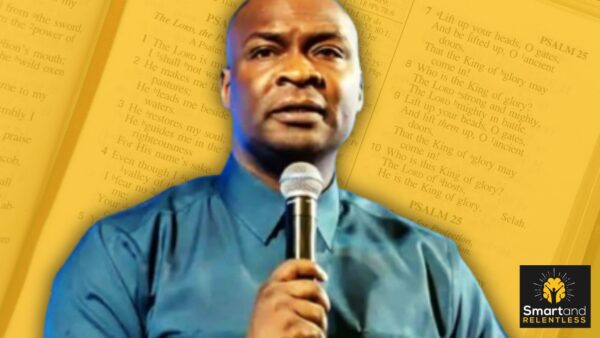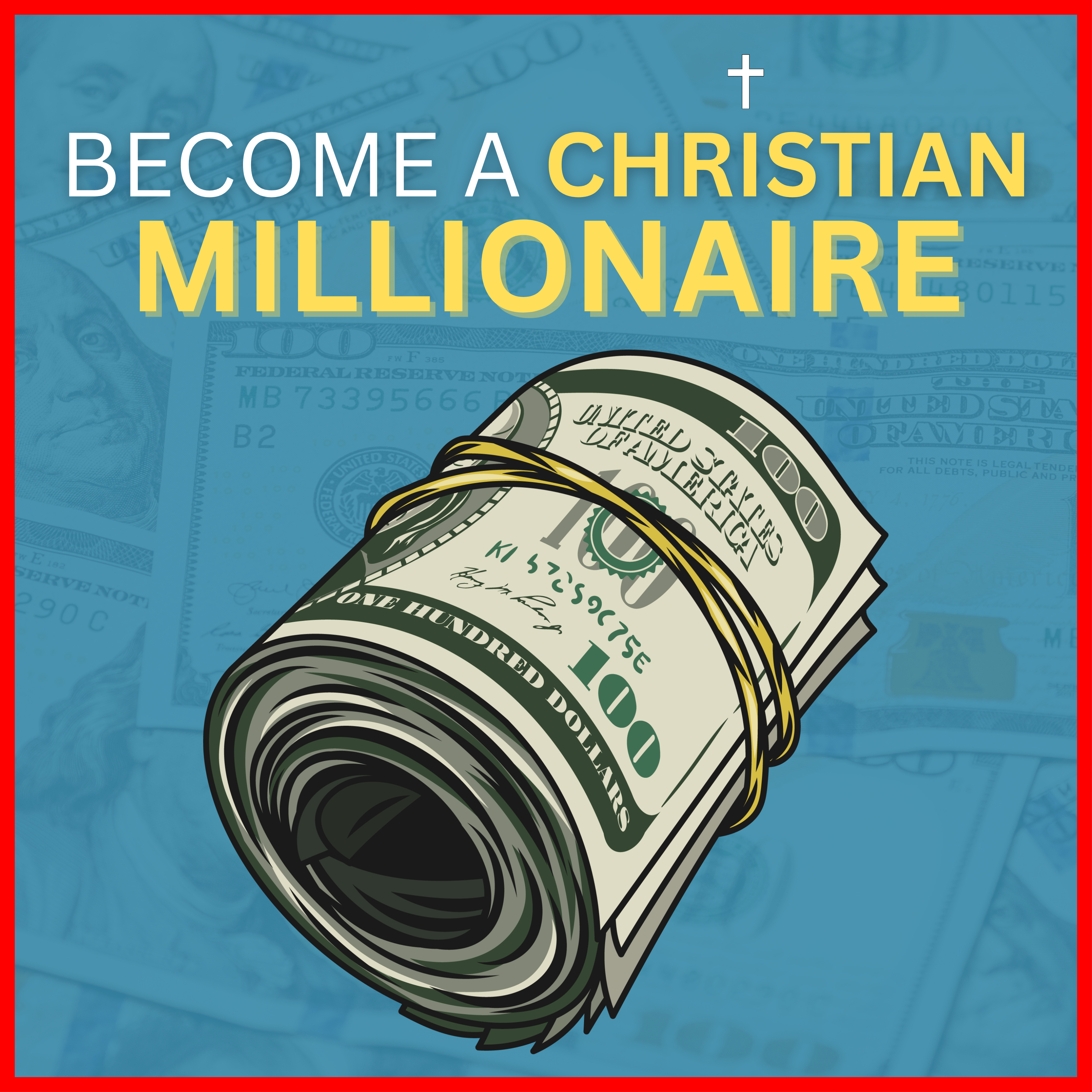Christian Business Legend – Henry Parsons Crowell, The Founder of Quaker Oats Cereal
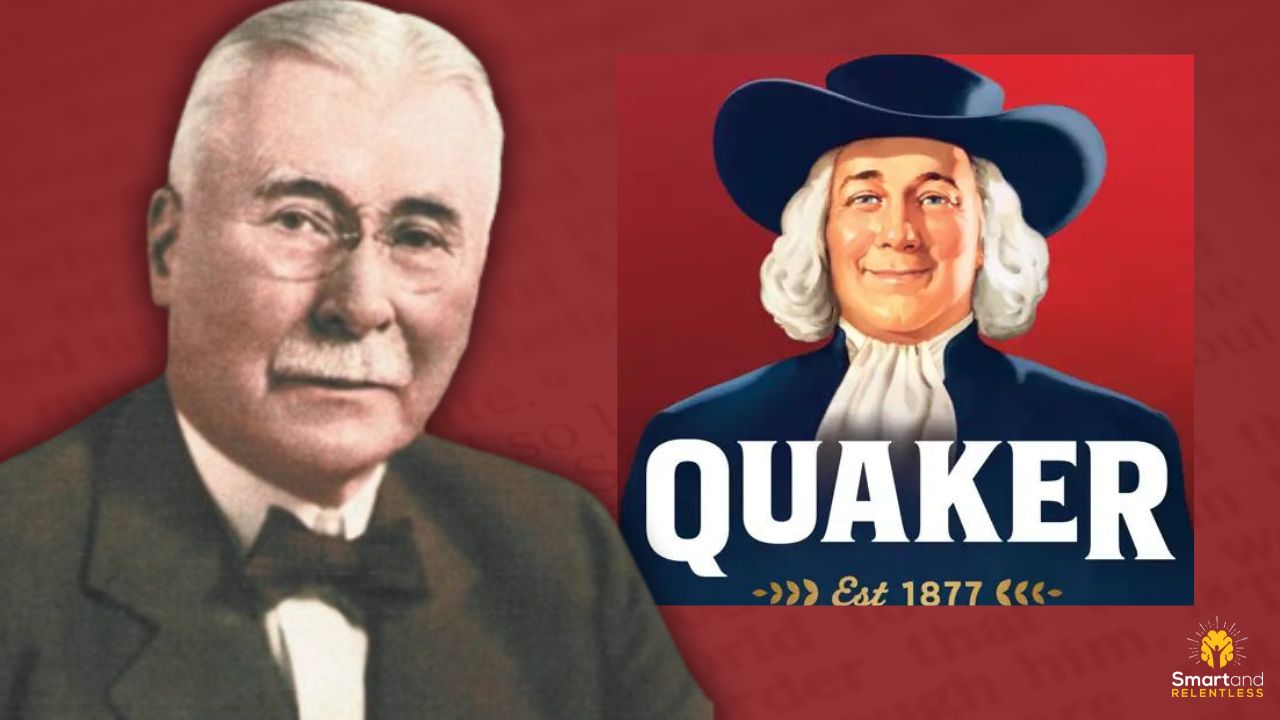
Be Smart and Relentless!
Subscribe to receive updates on the latest faith-based success tips, cutting-edge entrepreneurial concepts, and exciting opportunities.
Henry Parsons Crowell, a remarkable Christian businessman, left an indelible mark on society through his entrepreneurial endeavors and his unwavering commitment to advancing the Gospel.
Born into a family of modest means, his life was shaped by adversity from a young age. Tuberculosis, the same disease that claimed his father’s life, threatened his own existence. To combat this deadly illness, he embarked on a journey through the Western United States, where he spent much of his youth on horseback, seeking the healing power of fresh air.
Henry’s lack of formal education and business guidance did not deter him. He relied on his instincts and his deep faith in God to succeed. After a fortuitous turn of events with a profitable land investment in South Dakota, he ventured into the world of horse breeding, employing innovative marketing strategies that garnered attention from across three states.
By the age of 25, Henry was declared cured of tuberculosis, and his entrepreneurial spirit continued to flourish. Guided by his uncle’s wisdom, he explored the purchase of the Quaker Mill, a struggling oat mill at the time. Recognizing the potential of rolled oats in American breakfasts, Henry acquired the mill in 1881. He hired an operations expert to manage the mill, while he dedicated his efforts to creating a market for rolled oats, which were then primarily considered horse food.
Tragedy struck when his beloved wife, Lillie, fell gravely ill and passed away in 1885, leaving Henry devastated. He entrusted the care of their daughter, Annie, to Lillie’s mother and turned his focus back to Quaker Mill. Facing business challenges, Henry turned to prayer for guidance and received a transformative idea: packaging oats in individual, sanitary, cardboard containers. This innovation revolutionized the oat industry and led to soaring demand for Quaker Oats.
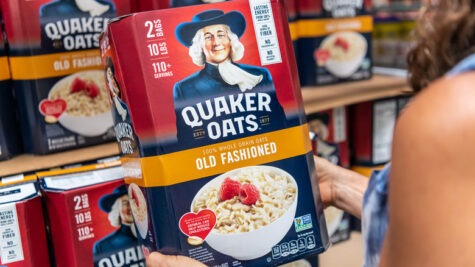
Henry’s dedication to expanding the reach of this concept led him to approach other millers with the idea of forming a voluntary association. This initiative, known as the Oatmeal Millers Association (later renamed American Cereal Company), enabled Henry to put his company’s assets on the line to create a unified entity with a single name, pricing structure, and marketing plan.
In 1888, Henry met and married Susan Coleman, a woman with a sharp business mind who introduced him to Frank Drury and his lamp stove invention. Together, they founded the Cleveland Foundry Company, and their success made them both millionaires by the end of the century.
During the economic depression of 1893, while other businesses faltered, Henry boldly invested in advertising and pioneered innovative marketing strategies for Quaker Oats. He engaged celebrities for endorsements, created contests with prizes, and directly targeted consumers to drive demand, bypassing the traditional approach of convincing grocers to stock their products.
In 1899, when stock speculators threatened the future of American Cereal Company, Henry’s foresight saved the day. He convinced the board to invest in building a better company rather than succumbing to the formation of a trust. By 1908, the Quaker trademark became one of the most recognized brands worldwide.
Henry and Susan Crowell were not only known for their business success but also for their unwavering faith. They shared the Gospel within their respective circles, leading many corporate figures to Christ. The Henry Parsons and Susan Coleman Crowell Trust generously supported over 100 Christian organizations, including the Moody Bible Institute.
Henry’s commitment to Christian causes mirrored his business success. His association with John D. Rockefeller, who endorsed their lamp stoves, further increased their wealth, which was generously channeled into church and missionary ventures.
Henry Parsons Crowell was a man of God and an exceptional entrepreneur. His life story is eloquently chronicled in the book “The Cereal Tycoon” by Joe Musser, providing a deeper insight into his remarkable journey.
Author
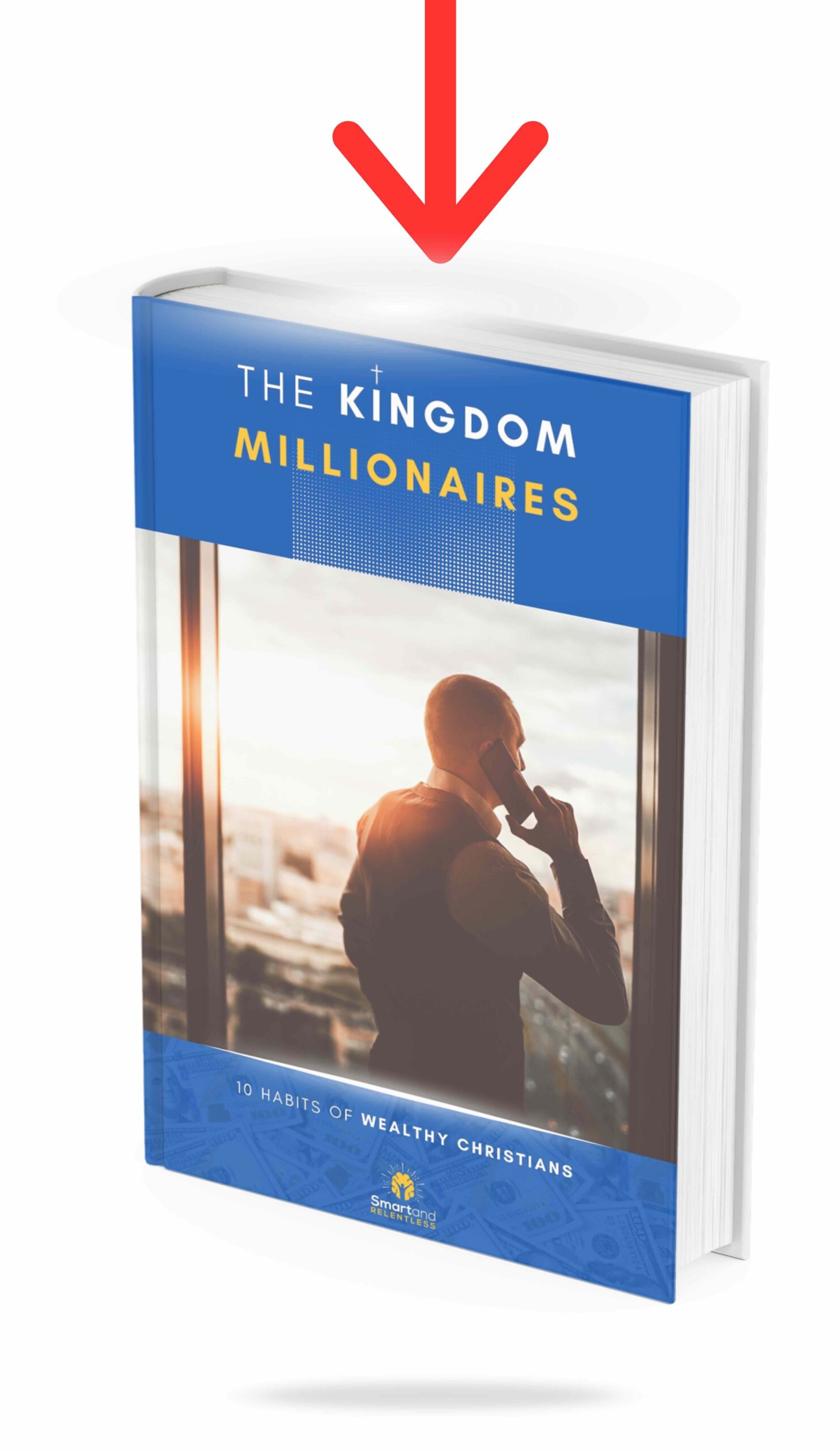
Recent Posts
Related Articles
Meet the 8 inspirational Christian women billionaires: How faith and diligence built their empires
In today’s business world, where success is often pursued without a clear...
ByAdminSeptember 14, 2024T.D. Jakes Teams with top bank to build real estate empire
In a groundbreaking initiative that merges faith with financial empowerment, Bishop T.D....
ByAdminSeptember 11, 2024God owns my business – The Stanley Tam story (Documentary)
The story of Stanley Tam is more than just a biography...
ByAdminSeptember 8, 2024Christian business legend – The R. G. LeTourneau story
Robert Gilmore R.G LeTourneau, an extraordinary Christian inventor, businessman, and entrepreneur, left...
ByAdminMarch 2, 2024

